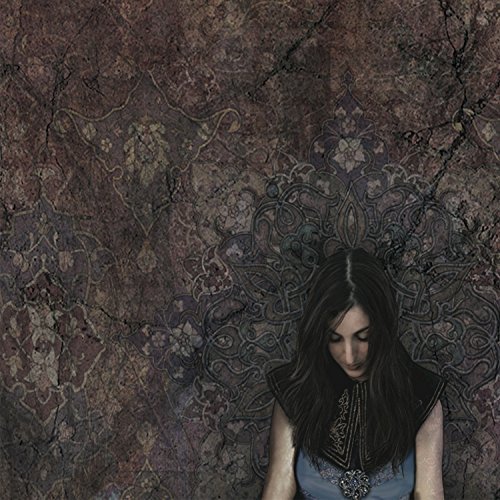
Marissa Nadler
Little Hells
Release Date: Mar 3, 2009
Genre(s): Rock, Singer-Songwriter
Record label: Kemado
Music Critic Score
How the Music Critic Score works
Buy Little Hells from Amazon
Album Review: Little Hells by Marissa Nadler
Excellent, Based on 4 Critics
Based on rating 9/10
Bleak Bostonian songstress Marissa Nadler has been a very impressive artist for a good few years now, ghosting out from the rafters at regular intervals to deliver installments of the eerie trilogy of albums that began with 2004’s Songs Of Living And Dying and wrapped up with 2007’s Songs III: Bird On The Water. She's nothing if not singular: her high, frightening trill, Edgar Allen Poe-ish storytelling and textured approach to what you might loosely call folk make for a formidable combination, her songs conjuring exquisite vistas of crumbling splendour and rotted Victoriana. Still, for all their choking beauty, those first three records were more atmospherics wholes than end to end killer songs, intensely evocative, but not exactly visceral.
Based on rating 7.5/10
Hitherto, Marissa Nadler had pretty firmly established herself as a gothic, nocturne-slangin', waifish siren whose music's dark allure was owed entirely to her own minimal sensibility. Utilizing nothing but a guitar, her voice, and a deluge of reverb most of the time, Nadler managed to make fans absolutely keen to one day be driving along a dark country road, suddenly become aware of some gorgeously spare singing, and happen upon Marissa Nadler sitting beneath a tree next to a fresh corpse. Having the power to make your listeners wish they were in the setup for a horror movie is clearly the evidence of a considerable gift, so Nadler should've been happy right? If it ain't broke and all that jazz? Instead of the tried and true, with Little Hells, Nadler has opted for a much more sonically expansive approach to her craft.
Based on rating 7/10
There is something distinctly unnerving about Marissa Nadler’s voice. Breathy, reverb sopped and given to unpredictable dips and hops, it is an unpredictable thing. From that comes its nervous sort of beauty like a flame or leaves in an idle wind. Nadler’s voice is her greatest strength, and on her first three albums, she seemed acutely aware of that fact.
Opinion: Excellent
There remains in some circles an oft-cited misconception that happy people don’t often make good art. Birthed with reference to the tumultuous psyches of figures like Van Gogh, the hypothesis isn’t without its arguments (had Kafka been a carefree guy, it’s safe to say his writing might’ve been a tad less compelling), but it seems a tad presumptuous to go too far in correlating artistic output with psychological wellbeing. So what of Marissa Nadler, contemporary folkstress? Nadler’s always been a songwriter and performer of emotional heft, but 2007’s Songs III: Bird on the Water was packed with a markedly haunting pathos, musing on death, sadness and mourning with an elegiac beauty.
'Little Hells'
is available now

